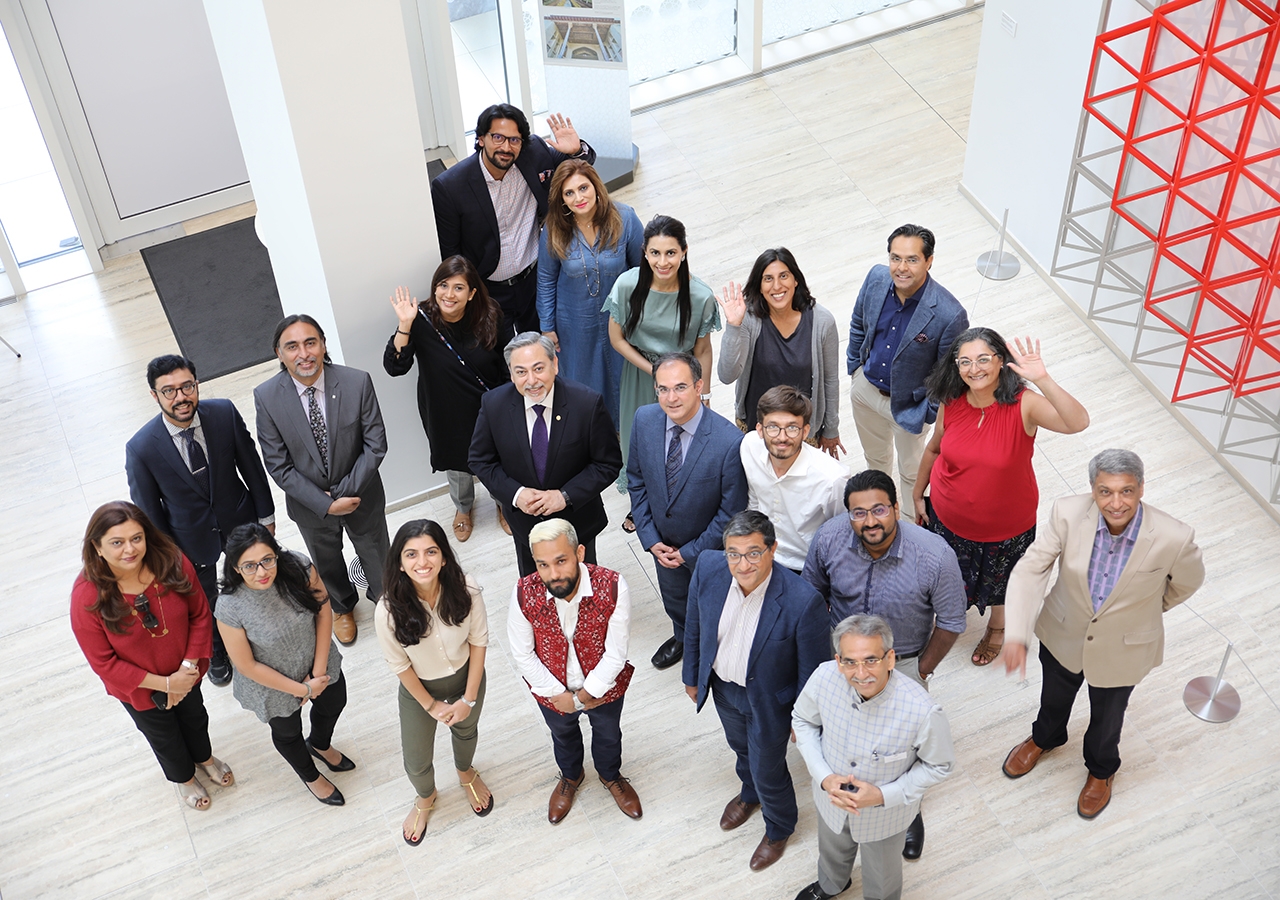The short courses, which are open to members of the Jamat with an undergraduate degree and proficiency in English, are designed to introduce participants to a social, cultural, and civilisational approach to the study of Islam and Muslim societies, with a particular focus on Ismaili contexts.
The courses offer participants an academically rigorous curriculum, accessible resources, and expert faculty members, drawn primarily from the IIS and, where relevant, from external academic institutions.
“This is a learning opportunity open to all members of the Jamat and is particularly relevant to leaders and professionals, teachers, educators, and waezeen working with Ismaili community institutions,” said Dr Farhad Daftary, co-director of the Institute of Ismaili Studies. “We are confident that participation in the IIS Short Courses will be a rewarding and enriching experience.”
Khalil Hashim, a strategy analyst from Dallas who participated in one of the short courses, acknowledged the benefits of an academic understanding of Islam.
“A lot of times we tend to bring our own biases in the way that we’ve been raised and what we’ve learned over time in our various professional and educational settings,” Hashim said. “The ability to step back and take a neutral approach allows you to remove bias from the conversation and I think that’s really helpful when you’re talking to other individuals who may not have the same understanding of our faith.”
Course subjects include Understanding Culture, Introduction to Islam, The Qur’an and its Interpretations, Shari‘a: Development of Fiqh and Ethics in Muslim Contexts, and Exploring Ismaili History.
Shazia Rahim, a teacher in Karachi, said of her experience with the course: “I was mainly interested in Ethics of Islam because that’s what we deal with in daily life. The topic was well-covered; it gave me the paradigms and frameworks to look at different situations and different perspectives.”
For more information, view the IIS Short Course Catalogue 2020.








